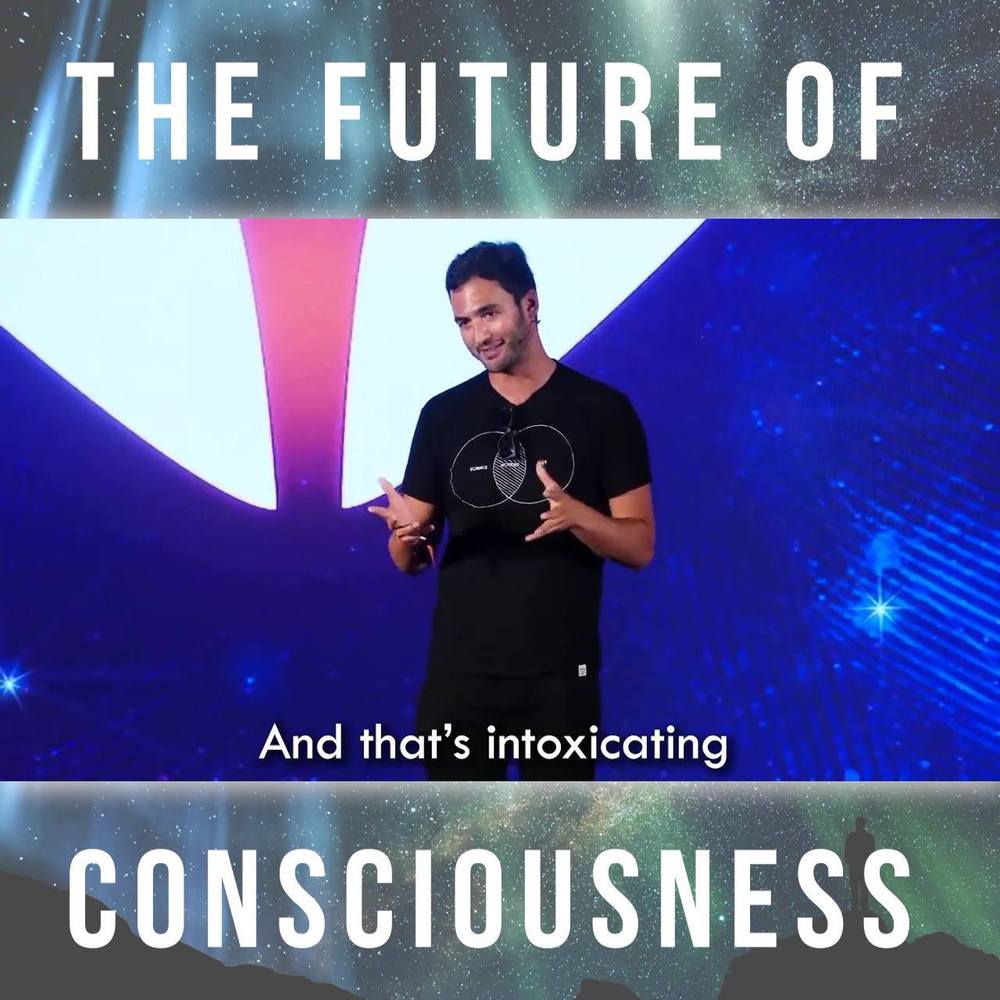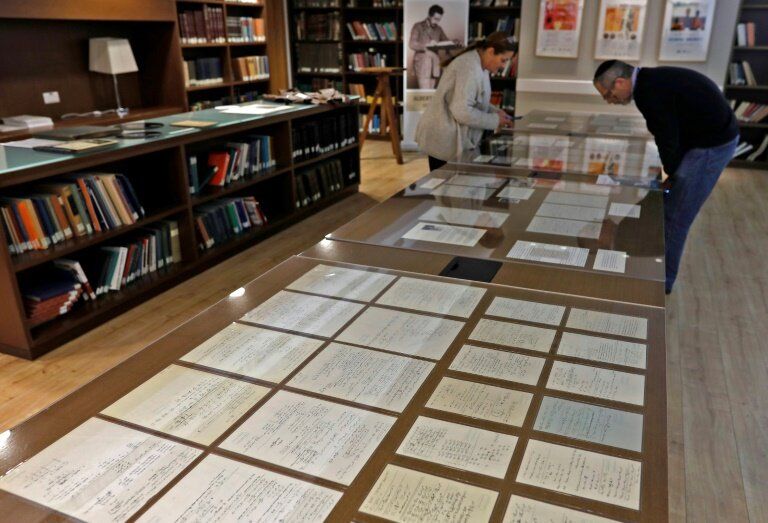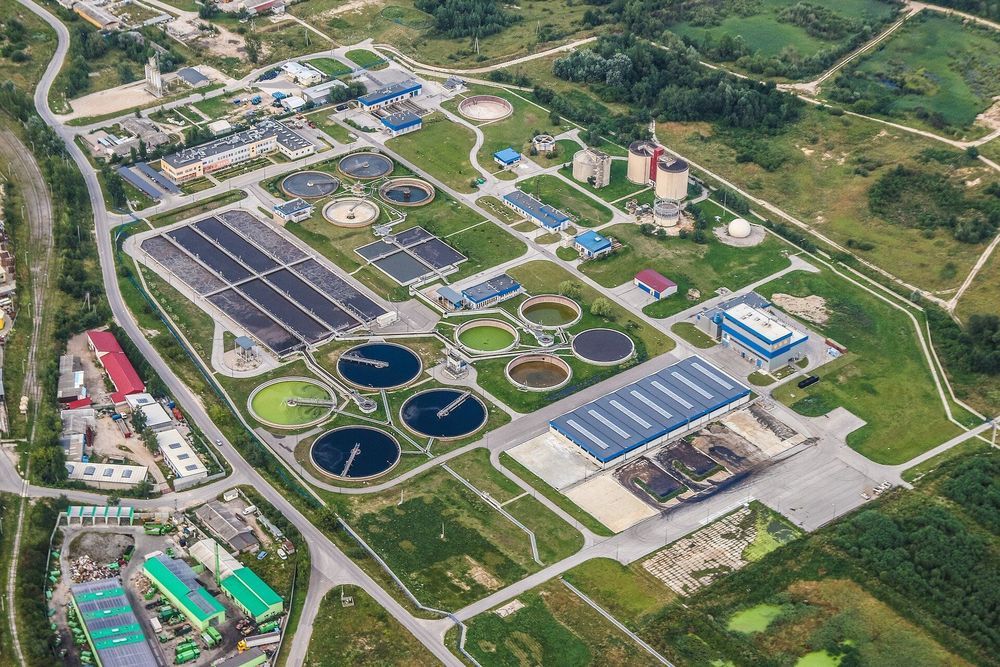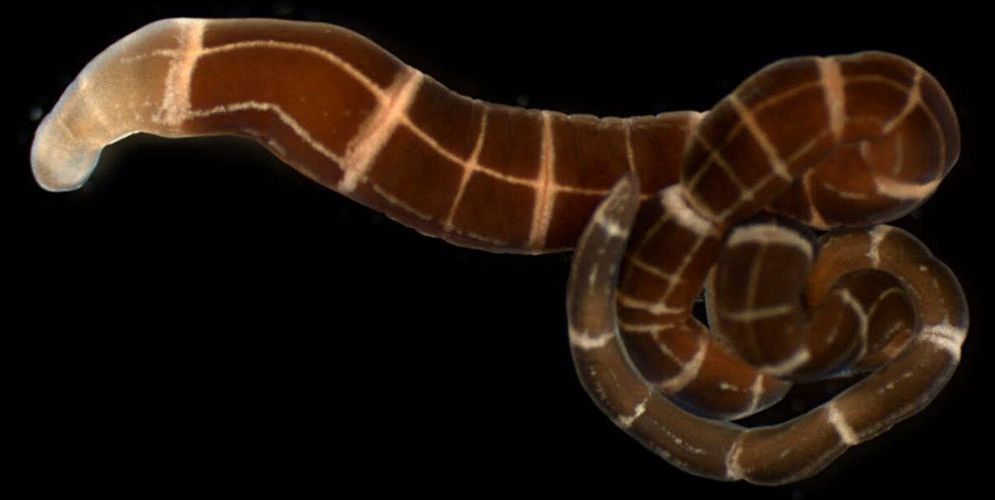Page 8175
Mar 6, 2019
What to do with the lignin?
Posted by Caycee Dee Neely in categories: bioengineering, biological, genetics, space, sustainability
Learning to deal with lignin is important for recycling and space settlements. Unused biomass on space settlements and long-term voyages is something that just can’t be tolerated. The same problem exists in dealing with plant waste on earth. A new process helps convert it into a precursor for polyester, which can be used for all kinds of other materials.
Plant cells are composed of three main substances: cellulose, hemicellulose, and lignin. According to Yining Zeng, Michael E. Himmel, and Shi-You Ding in Biotechnology for Biofuels, the composition amounts to “40 to 50% of cellulose, 15 to 25% hemicelluloses, 20 to 25% lignin, and 5 to 10% other components.[1]” For the most part, the only truly useful part is the cellulose and the hemicellulose. The lignin is usually just thrown away. The most common use is fuel for heating units. That’s right. They just burn it.
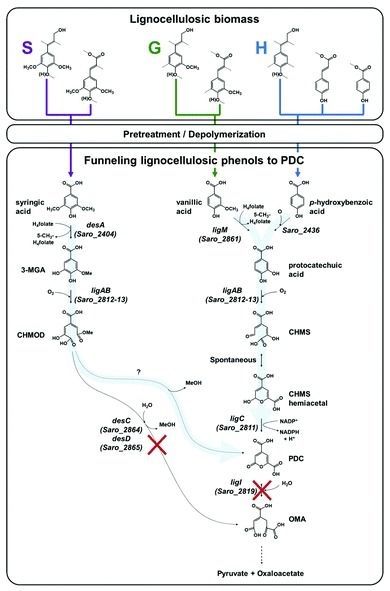
Mar 6, 2019
Daily intake of nutritional supplements cannot prevent depression
Posted by Caycee Dee Neely in categories: biotech/medical, neuroscience
In the world of things we already know.
MooDFOOD, the largest randomized clinical trial to study the effects of nutritional strategies on the prevention of major depressive disorder concludes that daily intake of nutritional supplements cannot prevent depression.
Mar 6, 2019
Einstein ‘puzzle’ solved as missing page emerges in new trove
Posted by Quinn Sena in category: futurism
An Albert Einstein “puzzle” has been solved thanks to a missing manuscript page emerging in a trove of his writings newly acquired by Jerusalem’s Hebrew University, officials announced Wednesday.
The handwritten page, part of an appendix to a 1930 paper on the Nobel winner’s efforts towards a unified field theory, was discovered among the 110-page trove the university’s Albert Einstein archives received some two weeks ago.
Hebrew University unveiled the collection to coincide what would have been Einstein’s 140th birthday on March 14.
Mar 6, 2019
Antibiotic resistance is spreading from wastewater treatment plants
Posted by Quinn Sena in categories: biotech/medical, engineering
The products of wastewater treatment have been found to contain trace amounts of antibiotic resistant DNA. These products are often reintroduced to the environment and water supply, potentially resulting in the spread of antibiotic resistance. As such, researchers at the University of Southern California Viterbi School of Engineering have been studying the development of these potentially harmful and dangerous genes in wastewater treatment processes. Their findings, published in Environmental Science & Technology, indicate that even low concentrations of just a single type of antibiotic leads to resistance to multiple classes of antibiotics.
“We’re quickly getting to a scary place that’s called a “post-antibiotic world,” where we can no longer fight infections with antibiotics anymore because microbes have adapted to be resilient against those antibiotics,” said Adam Smith, assistant professor of civil and environmental engineering at USC and lead investigator of the study. “Unfortunately, engineered water treatment systems end up being sort of a hot-bed for antibiotic resistance.”
The majority of the antibiotics we consume are metabolized in our bodies. However, small amounts pass through us in our waste, which are then carried to wastewater treatment plants. At these plants, one of the common ways in which the wastewater is treated is with a membrane bioreactor, which uses both a filtration system and a biological process where microscopic bacteria consume waste products.
Continue reading “Antibiotic resistance is spreading from wastewater treatment plants” »
Mar 6, 2019
World’s First Battery-Free Bluetooth Chip Pulls Power from the Air
Posted by Quinn Sena in categories: computing, internet

“Without batteries or other high-cost components,” he continued, “tags have unlimited power and lifespan, so [they] can be embedded inside of products that were previously unconnected to the Internet of Things.”
READ MORE: This Tiny Bluetooth Chip Doesn’t Need a Battery Because It Harvests Energy From the Air [The Verge]
Continue reading “World’s First Battery-Free Bluetooth Chip Pulls Power from the Air” »
Mar 6, 2019
Scientists find worms that recently evolved the ability to regrow a complete head
Posted by Quinn Sena in categories: evolution, neuroscience
An international group of researchers including biologists from the University of Maryland found that at least four species of marine ribbon worms independently evolved the ability to regrow a head after amputation.
Regeneration of amputated body parts is uncommon but does exist throughout the animal world—from salamanders, spiders and sea stars that can regrow appendages to a species of ribbon worm that can regenerate an entire individual from just a small sliver of tissue. But regenerative abilities were broadly assumed to be an ancient trait that some species managed to hold on to while most others lost through evolution.
This new study, which was published in the March 6, 2019 issue of Proceedings of the Royal Society B, turns that assumption on its head. In a survey of 35 species of marine ribbon worms, the researchers found that the ability to regenerate an entire head, including a brain, evolved relatively recently in four different species.
Mar 6, 2019
Goals for collecting and studying samples from Mars
Posted by Caycee Dee Neely in categories: engineering, space
A paper, “The potential science and engineering value of samples delivered to Earth by Mars sample return,” authored by 71 scientists is available. According to the summary at Science Daily.
Returning samples from the surface of Mars has been a high-priority goal of the international Mars exploration community for many years. Although randomly collected samples would be potentially interesting, they would not be sufficient to answer the big questions that have motivated Mars exploration for decades. A new paper published in Meteoritics & Planetary Science describes the results of a major collaboration among 71 scientists from throughout the international science community to define specific scientific objectives for a Mars Sample Return campaign, to describe the critical measurements that would need to be done on returned samples to address the objectives, and to identify the kinds of samples that would be most likely to carry the key information.
Mar 6, 2019
Asteroid Research Points to Planetary Defense Issues
Posted by Caycee Dee Neely in categories: asteroid/comet impacts, computing, existential risks
Not as easy as the movies show. Say it isn’t so.
Incoming asteroids may be harder to break than scientists previously thought, finds a Johns Hopkins study that used a new understanding of rock fracture and a new computer modeling method to simulate asteroid collisions.
The findings, to be published in the March 15 print issue of Icarus, can aid in the creation of asteroid impact and deflection strategies, increase understanding of solar system formation, and help design asteroid mining efforts.
Continue reading “Asteroid Research Points to Planetary Defense Issues” »
Mar 6, 2019
San Francisco 2036: The Story of the First “Cyberian” Trillionaire and Countdown to the Singularity
Posted by Alex Vikoulov in categories: genetics, robotics/AI, singularity, virtual reality
Going forward into our exponential future…
“By our very nature, we humans are linear thinkers. We evolved to estimate a distance from the predator or to the prey, and advanced mathematics is only a recent evolutionary addition. This is why it’s so difficult even for a modern man to grasp the power of exponentials. 40 steps in linear progression is just 40 steps away; 40 steps in exponential progression is a cool trillion (with a T) – it will take you 3 times from Earth to the Sun and back to Earth.” –Alex M. Vikoulov, The Syntellect Hypothesis: Five Paradigms of the Mind’s Evolution.
Today is a special day for me. My AI assistant Ava scheduled few hours aside from my otherwise busy daily lineup to relive select childhood and adolescence memories recreated in virtual reality with a help of a newly developed AI technique ‘Re: Live’. Ava is my smart home assistant, too. I can rearrange furniture in any room, for example, just by thinking. Digital landscape wallpaper is changed by Ava by knowing my preferences and sensing my moods.
